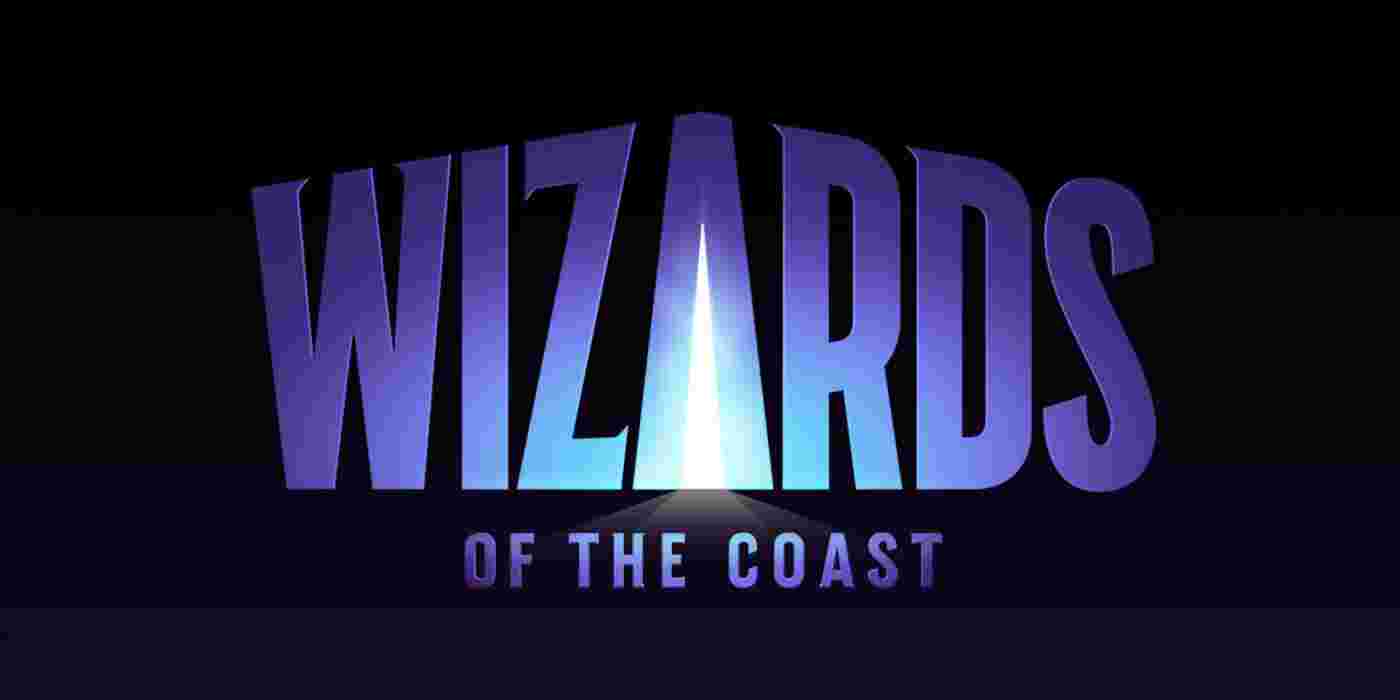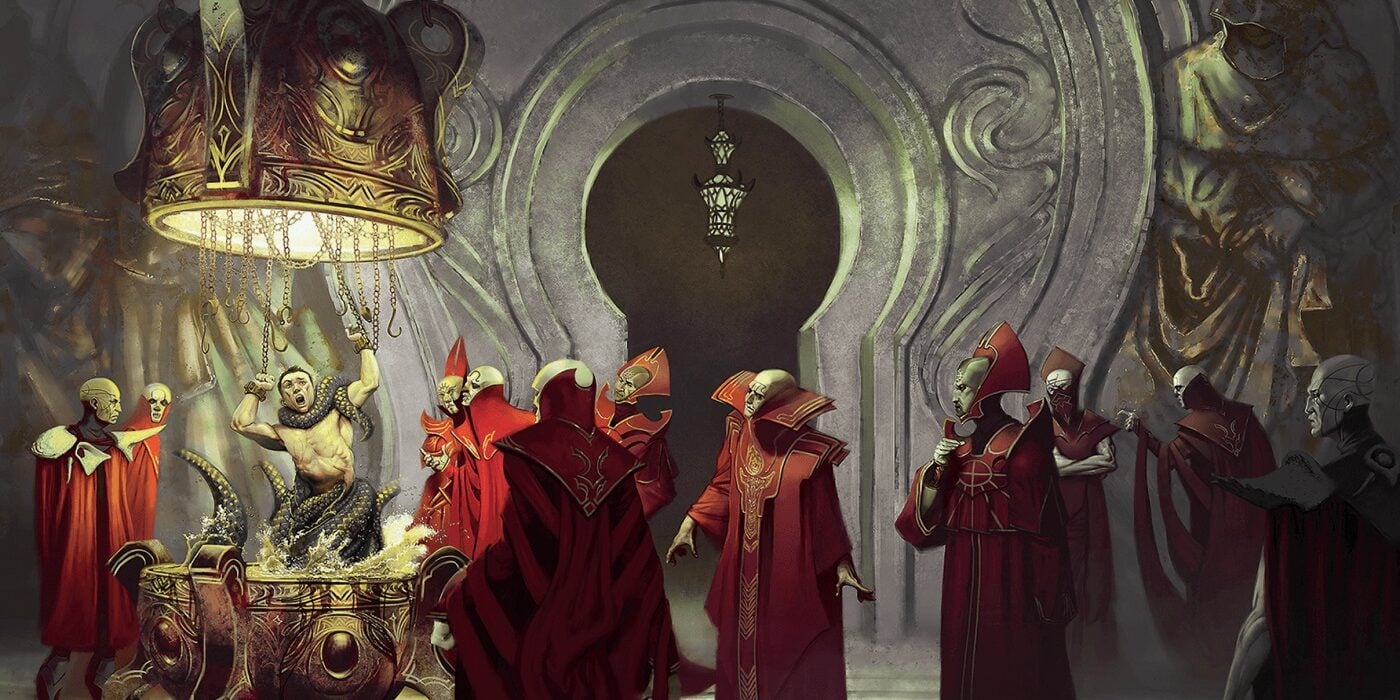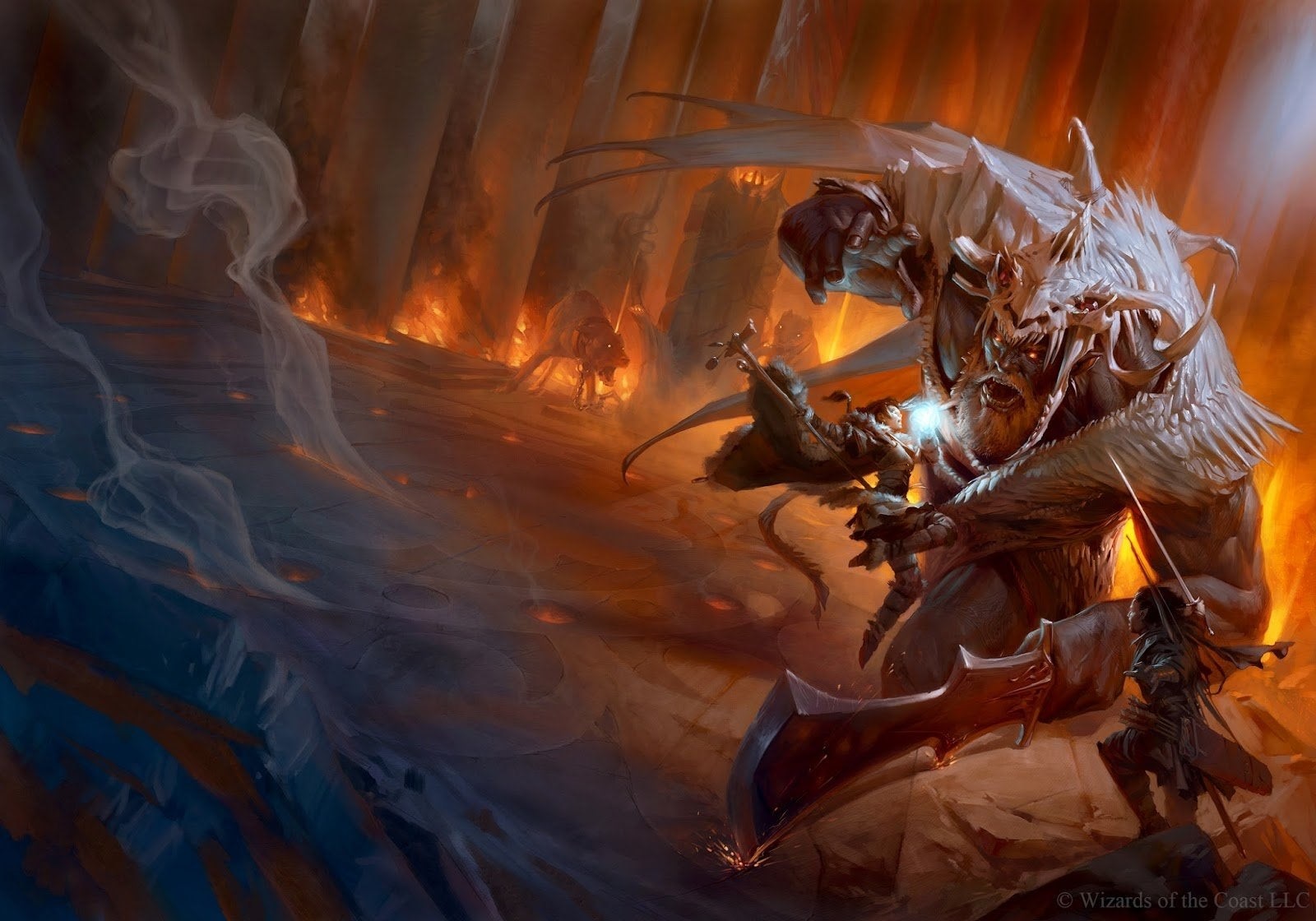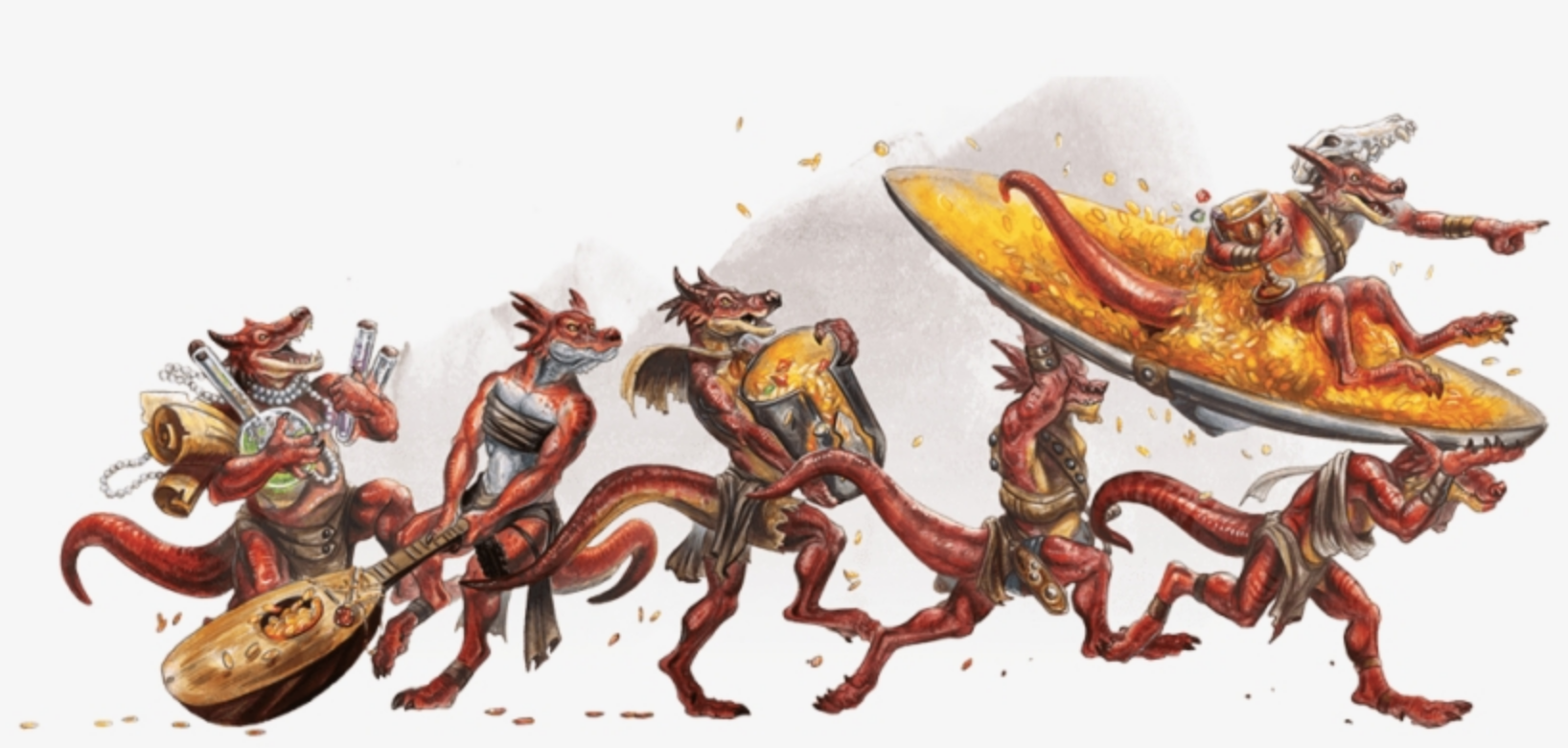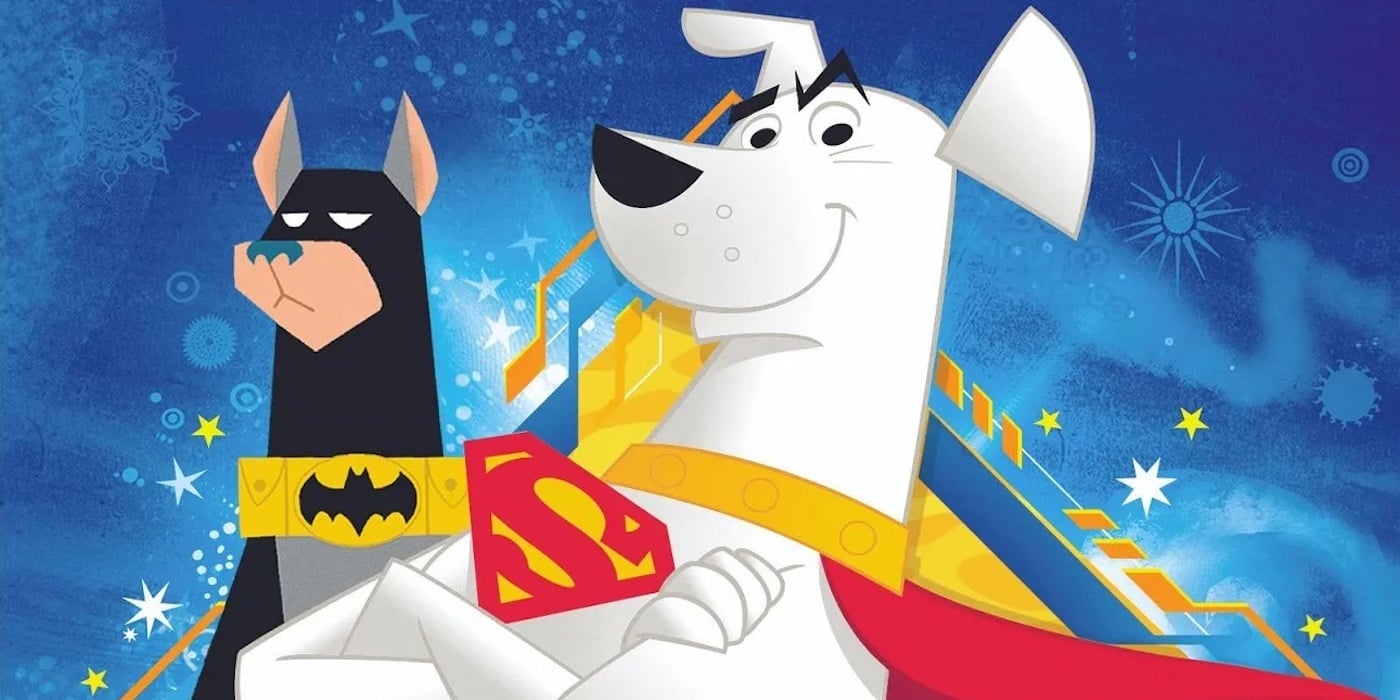D&D: WotC Announces Big Changes For The Open Gaming License In Upcoming OGL 1.1
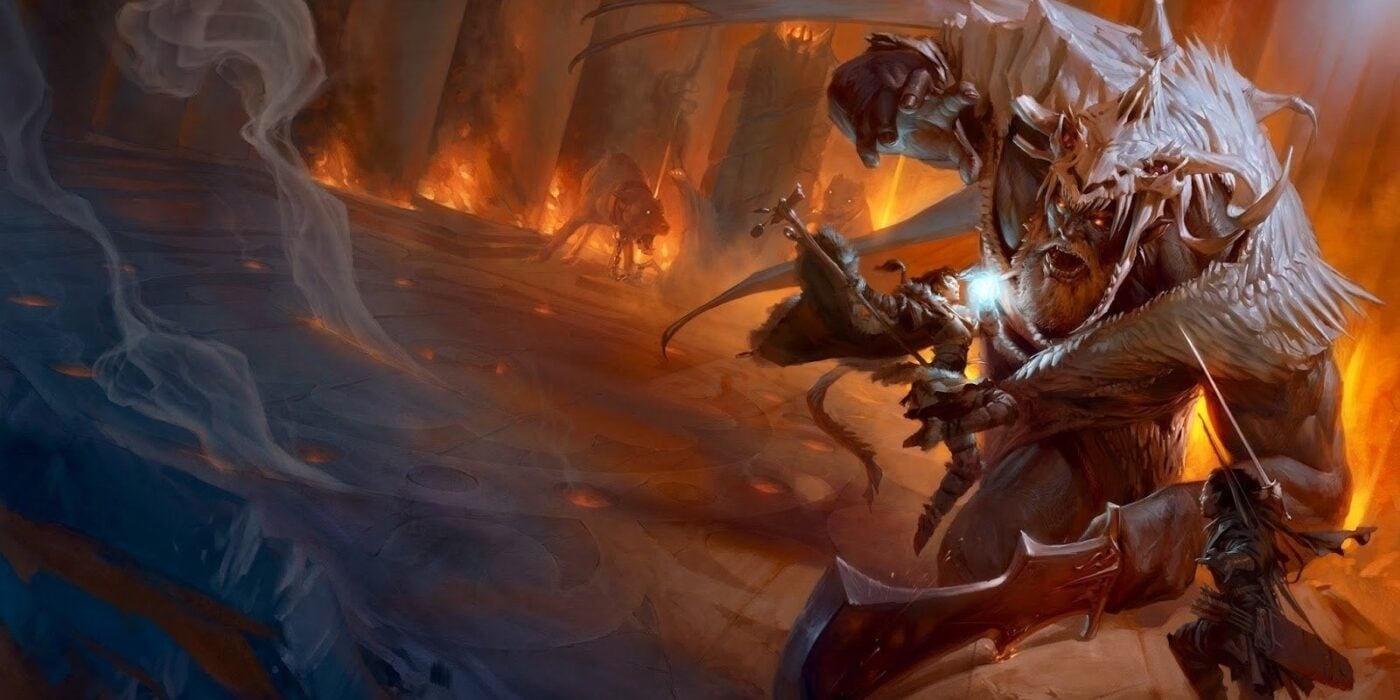

Yesterday WotC announced a new version of the Open Gaming License in 2023 ahead of One D&D: the OGL 1.1. Here’s what we know.
In a statement hoping to address a community “concerned by rumors and misunderstandings”, WotC recently released a statement announcing a new version of the OGL coming in 2023. Called the OGL 1.1, this brings big changes to the Open Gaming License, a license upon which many have built secondary or primary careers.
For along with the changes, WotC revealed that some “fewer than 20” creators make more than $750k/year releasing 5E content outside of WotC. Which seems handy, considering the prevalent “under-monetization” of D&D. Here’s what WotC has said about the OGL 1.1
WotC Announces OGL 1.1
In a statement that has definitely raised more questions than it answers, WotC spoke to two “community concerns” while simultaneously announcing that everything was changing in 2023:
1. Will One D&D include an SRD/be covered by an OGL?
Yes. First, we’re designing One D&D with fifth edition backwards compatibility, so all existing creator content that is compatible with fifth edition will also be compatible with One D&D. Second, we will update the SRD for One D&D as we complete its development—development that is informed by the results of playtests that we’re conducting with hundreds of thousands of D&D players now.
This isn’t the first time that WotC has come out to address that there’d be a new SRD for One D&D. And some folks had been worried that One D&D wouldn’t allow for third-party creators to make products for the coming edition.
Earlier this year, WotC promised to absolutely support those third-party creators, acknowledging that they’ve played a large role in making D&D the most popular it’s ever been. With a DM’s Guild full of high-selling products that add everything from companion books that help you run WotC’s adventures, to new classes, subclasses, and lists of NPCs or Lair Actions you can find all sorts of things from 3rd-party creators.
In fact, some folks have made a whole business of it. Take a look at Kobold Press, who recently released the Tome of Beasts 3, as well as a whole library’s worth of other 5th Edition content.
Some creators manage to make more than $750k per year, doing this. A fact which WotC addresses when outlining the changing terms of the OGL 1.1.
Changing Terms Of The OGL
After promising an SRD that will be updated as they go, WotC outlined just a few ways in which they were changing the new OGL 1.1, some terms seemed pretty good—others on the other hand, might raise more concerns for creators.
2. Will the OGL terms change?
Yes. We will release version 1.1 of the OGL in early 2023.
The OGL needs an update to ensure that it keeps doing what it was intended to do—allow the D&D community’s independent creators to build and play and grow the game we all love—without allowing things like third-parties to mint D&D NFTs and large businesses to exploit our intellectual property.
First of all, great, no D&D NFTs. Amazing. But, that part about allowing independent creators to “build and play and grow the game” hits a little different. Take a look at one of the big outlined changes:
First, we’re making sure that OGL 1.1 is clear about what it covers and what it doesn’t. OGL 1.1 makes clear it only covers material created for use in or as TTRPGs, and those materials are only ever permitted as printed media or static electronic files (like epubs and PDFs). Other types of content, like videos and video games, are only possible through the Wizards of the Coast Fan Content Policy or a custom agreement with us. To clarify: Outside of printed media and static electronic files, the OGL doesn’t cover it.
This seems aimed at virtual tabletops, specifically, but it also prevents someone from making something as simple as a character sheet that calculates your attack bonuses, or that allows you to access a database of spells.
Any 3rd-party character sheets that do more than just let you write your stuff in them? Those won’t be compatible under the new license. In a nutshell, nothing digital or interactive under 1.1, outside of PDFs or ePubs.
This will affect virtual tabletop platforms that don’t already have a “custom agreement” with Wizards of the Coast. As they outline, this shouldn’t impact folks using Roll20 or Fantasy Grounds. But newer VTT platforms might be out of luck.
The top VTT platforms already have custom agreements with Wizards to do what they do. D&D merchandise, like minis and novels, were never intended to be part of the OGL and OGL 1.1 won’t change that. Creators wishing to leverage D&D for those forms of expression will need, as they always have needed, custom agreements between us.
OGL 1.1 – Now With Royalties
But the other big change WotC outlined in their post designed to “address community concerns” is that they will start requiring revenue reporting and even royalties from some of their user-base:
If you’re making commercial content, relatively little is going to change for most creators. For most of you who are selling custom content, here are the new things you’ll need to do:
-
- Accept the license terms and let us know what you’re offering for sale
- Report OGL-related revenue annually (if you make more than $50,000 in a year)
- Include a Creator Product badge on your work
WotC has promised to provide videos, FAQs, and a web portal for handling the new requirements. Revenue-reporting is a new thing, though odds are many folks creating their 3rd-party content won’t have to bother with this specific step. But the “let us know what you’re offering for sale” (emphasis ours) section is certainly an extra step for folks who are using platforms other than the DMs Guild to sell their products.
But, as mentioned, WotC will start adding royalties in 2024 for the “fewer than 20 creators” who make money enough that Hasbro would care to notice:
For the fewer than 20 creators worldwide who make more than $750,000 in income in a year, we will add a royalty starting in 2024. So, even for the creators making significant money selling D&D supplements and games, no royalties will be due for 2023 and all revenue below $750,000 in future years will be royalty-free.
How will this license exist alongside the extant OGL, which is irrevocable? We’ll have to wait and see.
What do you think these changes foretell for the future of D&D?

